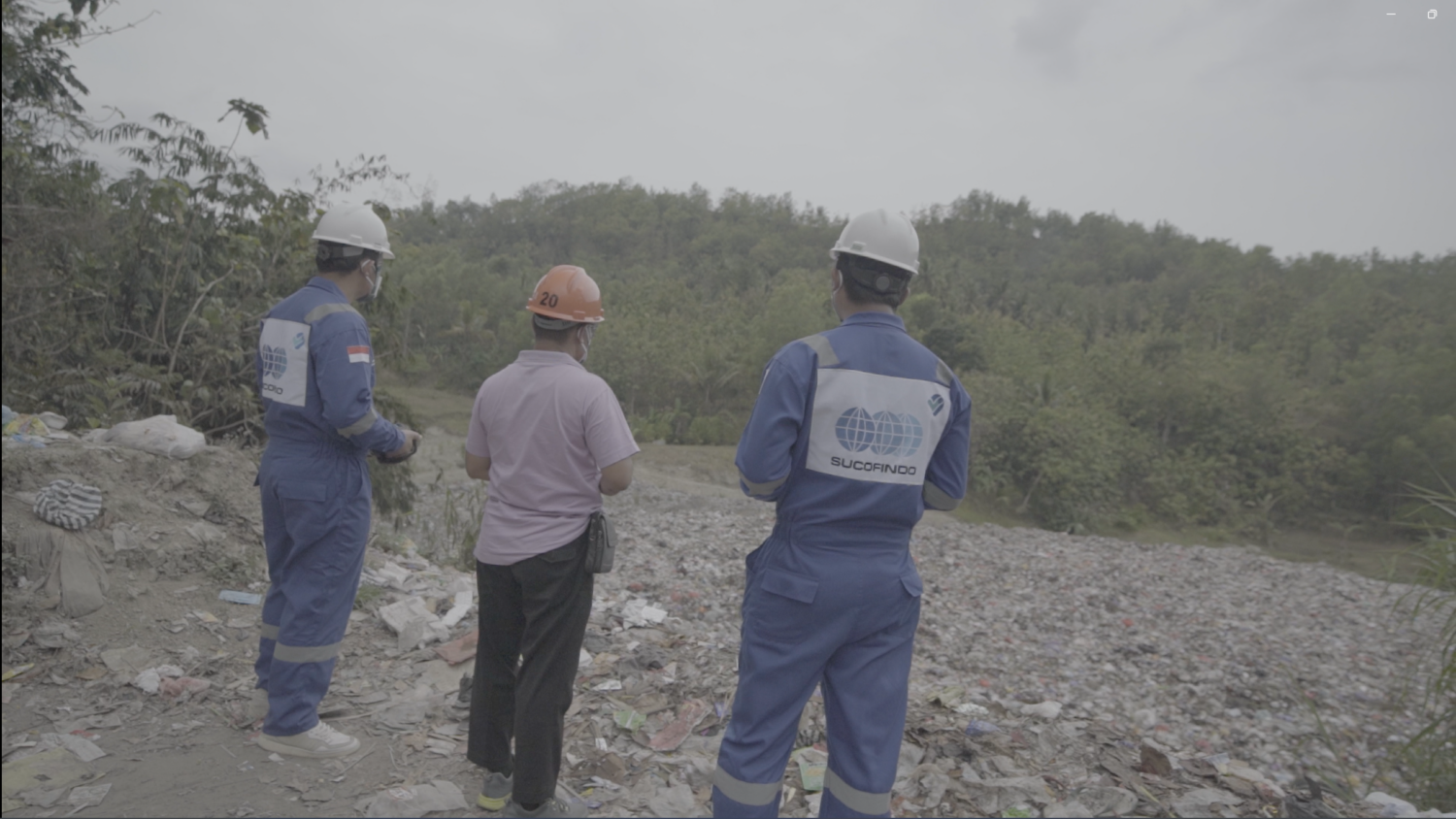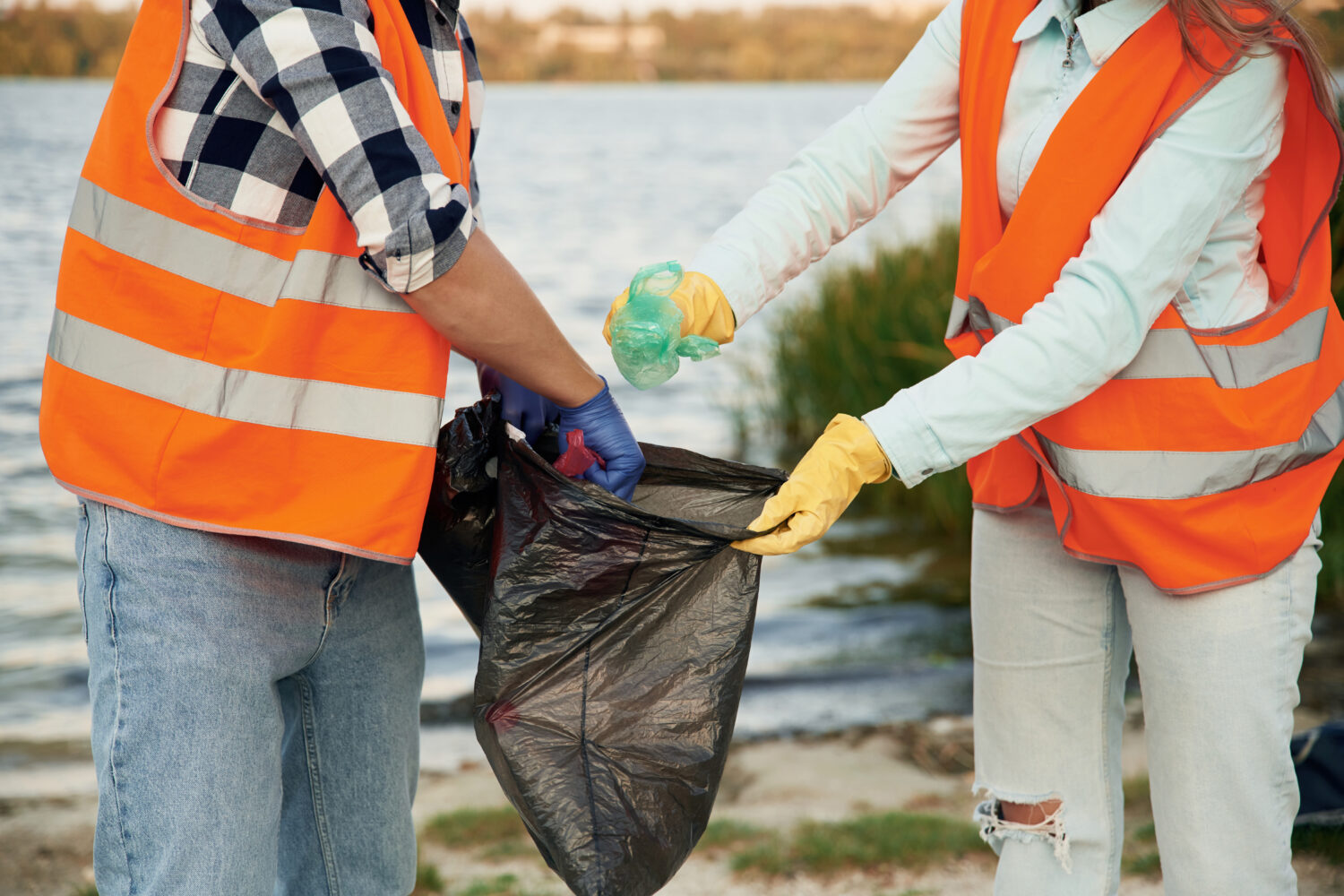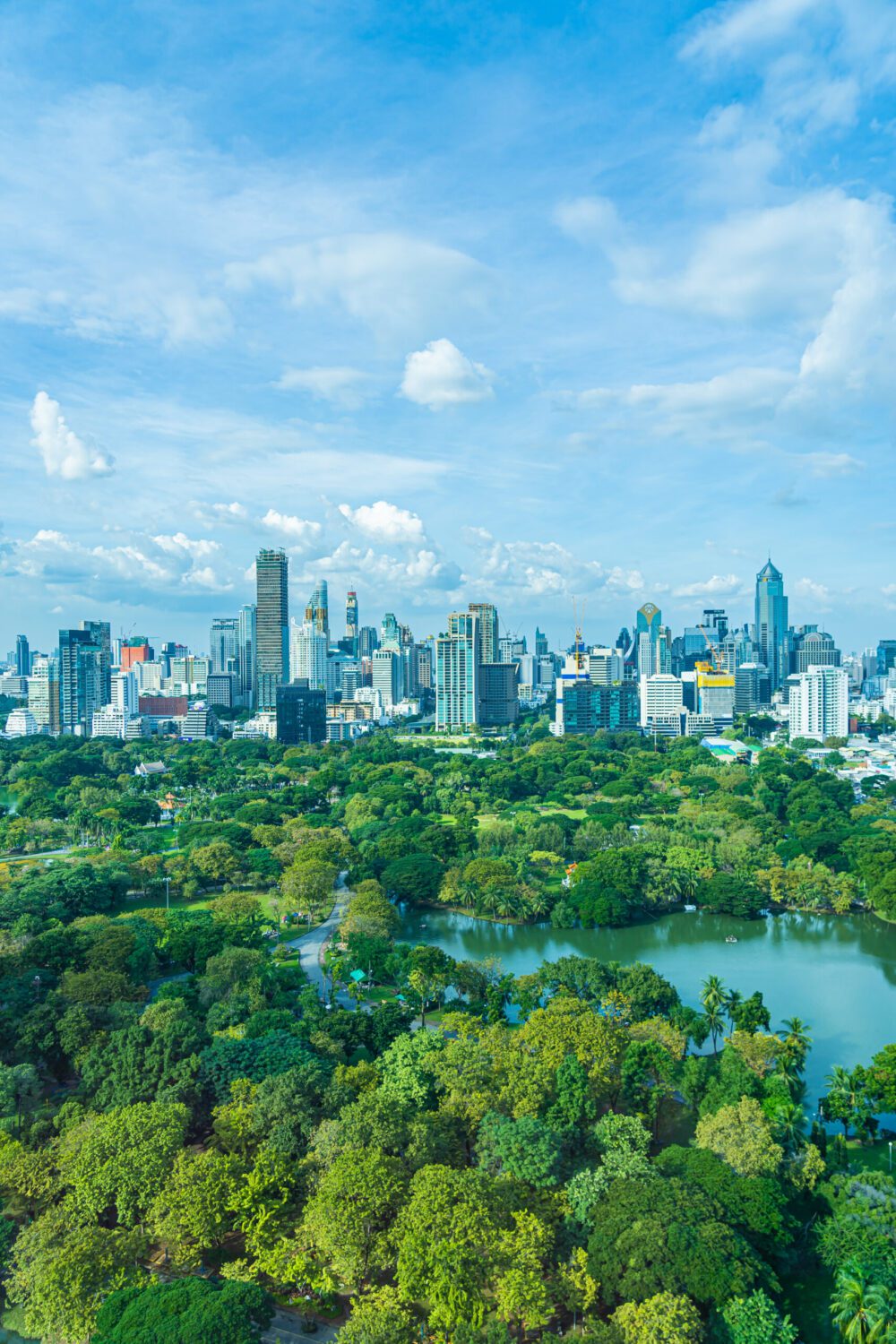Sparing KLHK: Industrial Sustainability Environmental Monitoring System
Indonesia has diverse ecosystems and industrial needs that continue to increase. Here, system sparing: The Ministry of Environment and Forestry bridges environmental sustainability with economic progress.
The system can be the key to facing challenges in the industrial and environmental sectors because it is designed to monitor the quality of industrial wastewater continuously in real time and in the network.
With more accurate and timely data, this system helps parties make more effective decisions. It also allows industries to ensure their compliance with existing environmental regulations. So, there is also The Role of Sparing in Maintaining the Balance of Aquatic Ecosystems.
Get to know what factory waste is and sparing KLHK.
Factory waste is residue or leftovers from production processes that take place in various types of industries. In Indonesia, this type of waste can vary, ranging from liquid waste, such as leftovers from the food production process, to waste gas produced by chemical factories.
Managing this waste requires serious attention, mainly because the negative environmental impact can be huge. One way to ensure this waste is handled correctly is through a wastewater quality monitoring system, known as sparing KLHK.
Sparing is a system that monitors wastewater quality continuously in real-time and in the network. This system uses sensors and advanced technology to measure parameters such as pH, temperature, and other chemical contents in wastewater. You can find out more about the Types of Sensor Sparing.
This data is then sent to the data center for analysis and follow-up. The main aim is to ensure that the industry complies with the wastewater quality standards set by the government.
With this system in place, authorities can more easily identify violations and apply appropriate sanctions, while industries gain tools that help them comply with regulations and avoid fines.
4 Types and Examples of Industrial Waste
In Indonesia, industrial waste can be grouped into four main types. The following is an explanation of each:
1. Liquid Waste
Liquid waste from the food and beverage industry, such as tempeh and tofu. This type of waste can also be produced by the textile industry, which uses chemicals in the dyeing process.
2. Solid Waste
The manufacturing industry generally produces solid waste, such as clothing scraps or pieces of wood from the woodworking industry.
3. Waste Gas
This type of waste is usually produced by industries that use combustion processes, such as cement factories or chemical industries. These gases can be gas leaks, factory smoke, or excess methane gas,, which can negatively impact waste
Hazardous and Toxic Waste (B3) is produced by industries that manipulate dangerous chemicals, such as pharmaceutical or lubricant oil processing.
Negative Impact of Illegal Waste Disposal
Waste disposal that does not comply with standards or regulations can seriously impact the environment. Here are the three most common negative impacts:
1. Soil Pollution
Industrial waste, especially Hazardous and Toxic Waste (B3), can damage the structure and fertility of the soil. Dangerous chemicals in this waste can seep into the soil and disrupt the nutritional balance plants need.
This affects plant productivity and the food chain because plants growing in polluted soil will contain these dangerous chemicals.
2. Water Pollution
Liquid waste dumped into rivers or lakes without adequate treatment can cause water pollution. High levels of BOD (Biological Oxygen Demand) and COD (Chemical Oxygen Demand) in waste will rob oxygen from the water. Ultimately, it can cause the death of fish and other aquatic organisms.
In addition, dangerous chemicals in the waste can seep into groundwater sources, impacting drinking water quality. Sparing KLHK monitors wastewater quality regularly in sin real-time and ensures that the trash disposed meets the specified quality standards.
3. Air Pollution
Gaseous waste such as sulfur dioxide, nitrogen oxide, and dust particles can cause various health problems, including respiratory problems and heart disease. Apart from that, these gases can also contribute to climate change.
Benefits of KLHK Sparing in Waste Water Monitoring Systems
This water quality monitoring system offers various benefits. The following is a description of each:
1. Detect Potential Pollution as Early as Possible
By monitoring wastewater quality in real-time, this system enables rapid intervention to prevent more severe pollution. This is especially important in industries that produce hazardous waste because early detection can prevent broader environmental impacts.
2. Comply with environmental regulations
With accurate and timely data, industries can ensure that they are operating according to the standards set by the government. This avoids potential fines and sanctions and helps build a positive reputation in the eyes of the public and authorities.
3. Cost Savings and Operational Efficiency
Another advantage is efficiency and cost savings. The industry can reduce operational costs associated with waste management with an automated monitoring system.
In addition, the data collected by this system can be used for deeper analysis. This helps industries make more accurate decisions about their waste management.
Environmental Monitoring and Maintaining the Smoothness of Drainage Channels
Systemsparing KLHK not only focuses on wastewater quality but also other aspects of industrial waste management. One of them is to maintain the smooth running of the drains.
These systems have sensors and other devices that monitor waste flow in pipes and drains. This way, potential obstacles or blockages can be detected early, allowing for preventive action before the problem becomes more severe.
This is important because blocked or poorly functioning drains can cause several problems, including the risk of industrial flooding and further water contamination.
Apart from that, the KLHK system also allows authorities to monitor waste disposal locations. This helps them ensure that waste is correctly disposed of at approved locations and per environmental standards.
In other words, sparing serves as a comprehensive system for industrial waste management, helping to ensure that all aspects of this process, from production to disposal, comply with existing regulations and standards.
Sucofindo KLHK Sparing Services for Environmental Sustainability
With the sophistication of technology and the accuracy of the data, The Ministry of Environment and Forestry helps industry and authorities collaborate to create a cleaner and safer environment. If you are part of an industry or agency that focuses on environmental sustainability, take advantage of the services offered by Sucofindo.
SPARING from the Sucofindo institution has functioned with the newest technology. For example, there is an Early Warning System facility, which is very efficient for companies that want to run the SPARING system smoothly to avoid violating existing regulations.
In addition, guarantees and warranties from Sucofindo can also be profitable for companies operating in mandatory SPARING sectors; for that, you can use Sucofindo consulting services for KLHK SPARING. Companies can be quicker in information and processing wastewater; the environment will be better protected.








